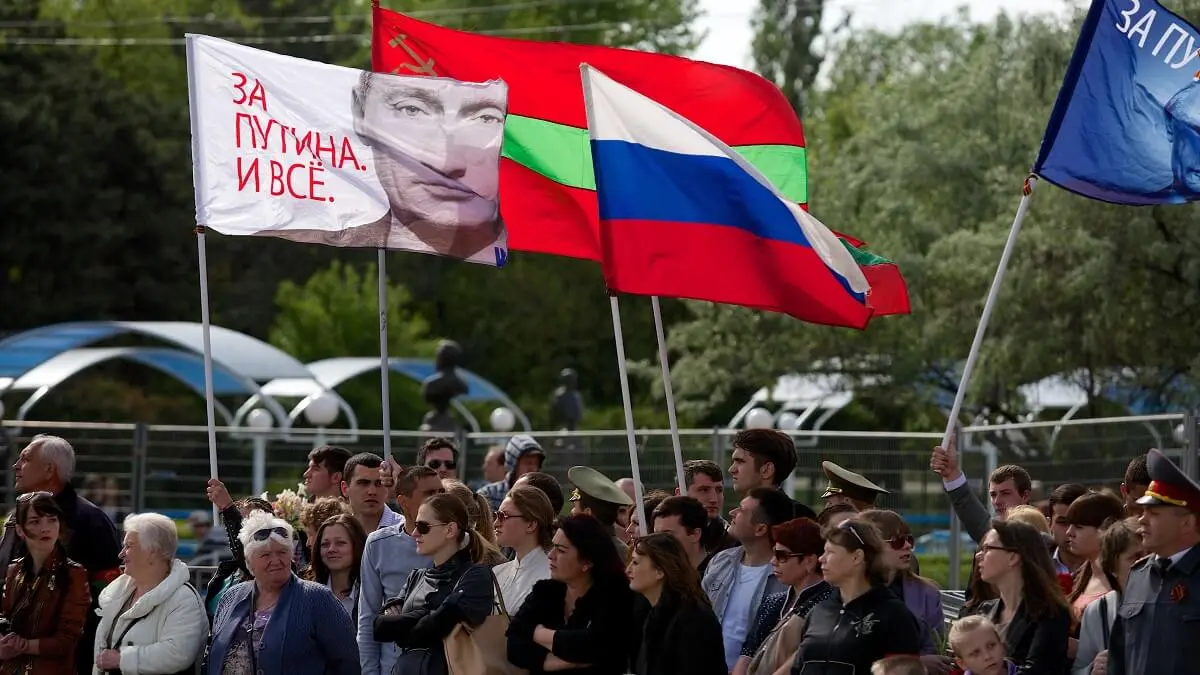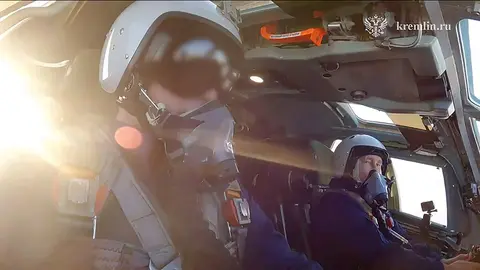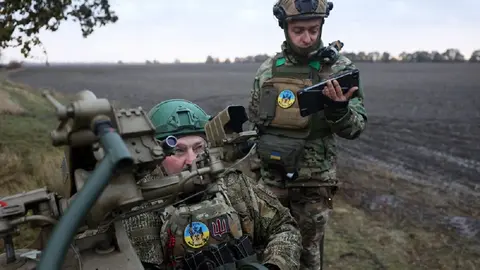Transnistria, a breakaway region of Moldova, asks for Russia's "protection"

Authorities in Transnistria, a pro-Russian separatist region of Moldova, on Wednesday called for Russia's "protection" against alleged "pressure" from the Moldovan government, heightening tensions in a region already shaken by Russia's invasion of Ukraine.
Shortly afterwards, the Russian foreign ministry, quoted by local agencies, indicated that Moscow considered "protecting" Transnistrian "compatriots" to be one of its "priorities".
Transnistrian MPs in Tiraspol, the main city of the 4,160 square kilometre enclave between Moldova and Ukraine, adopted a declaration calling on Moscow to "implement measures to protect Transnistria from increased pressure from Moldova", which had taken economic retaliatory measures against the separatists.
Transnistria, home to "more than 220,000 Russian citizens", faces "unprecedented threats of an economic, socio-humanitarian and politico-military nature", the statement, quoted by Russian press agencies, said, without specifying what kind of assistance it called for.
In 2006, in a referendum in Transnistria that was not recognised by the international community, 97% of voters declared themselves in favour of independence and the territory's union with Russia.
Wednesday's petition is reminiscent of the one launched by pro-Russian separatists in eastern Ukraine in February 2022, which was one of the pretexts used by President Vladimir Putin to launch his large-scale attack on Ukraine.
After the collapse of the Soviet Union, this Russian-speaking region proclaimed its secession and fought a short war against the Moldovan army in 1992.
Since then, Russia has maintained an official peacekeeping presence of 1,500 military personnel in this narrow territory of 465,000 inhabitants, which stretches between the eastern bank of the Dniester River and Ukraine.
Since the start of the Russian operation in Ukraine, speculation has multiplied about a Russian attack from Transnistria on the nearby Ukrainian city of Odessa on the Black Sea.
Transnistrian separatists, for their part, accuse Ukraine of wanting to attack the territory and of having prepared a foiled attack on their leaders.
Tensions "dangerous" for the region
Separatist MPs said they were seeking urgent action in response to Moldova's recent imposition of tariffs on Transnistrian goods.
They also urged the OSCE, the European Parliament, the Red Cross and the UN to avoid "provocations" that could lead to "an escalation of tensions".
The Moldovan government, which criticised a "campaign" to foment "hysteria" among the population, pointed out that "there is no risk of escalation".
Moldova and the EU regularly accuse Moscow of wanting to destabilise the former Soviet republic, now with a firmly pro-European leadership.
Polish Prime Minister Donald Tusk insisted Wednesday that "the threat of Russian intervention, or at least provocation, is permanent", and called tensions in Moldova "dangerous" for the region.
In December 2023, the EU decided to open accession negotiations with both Ukraine and Moldova.










